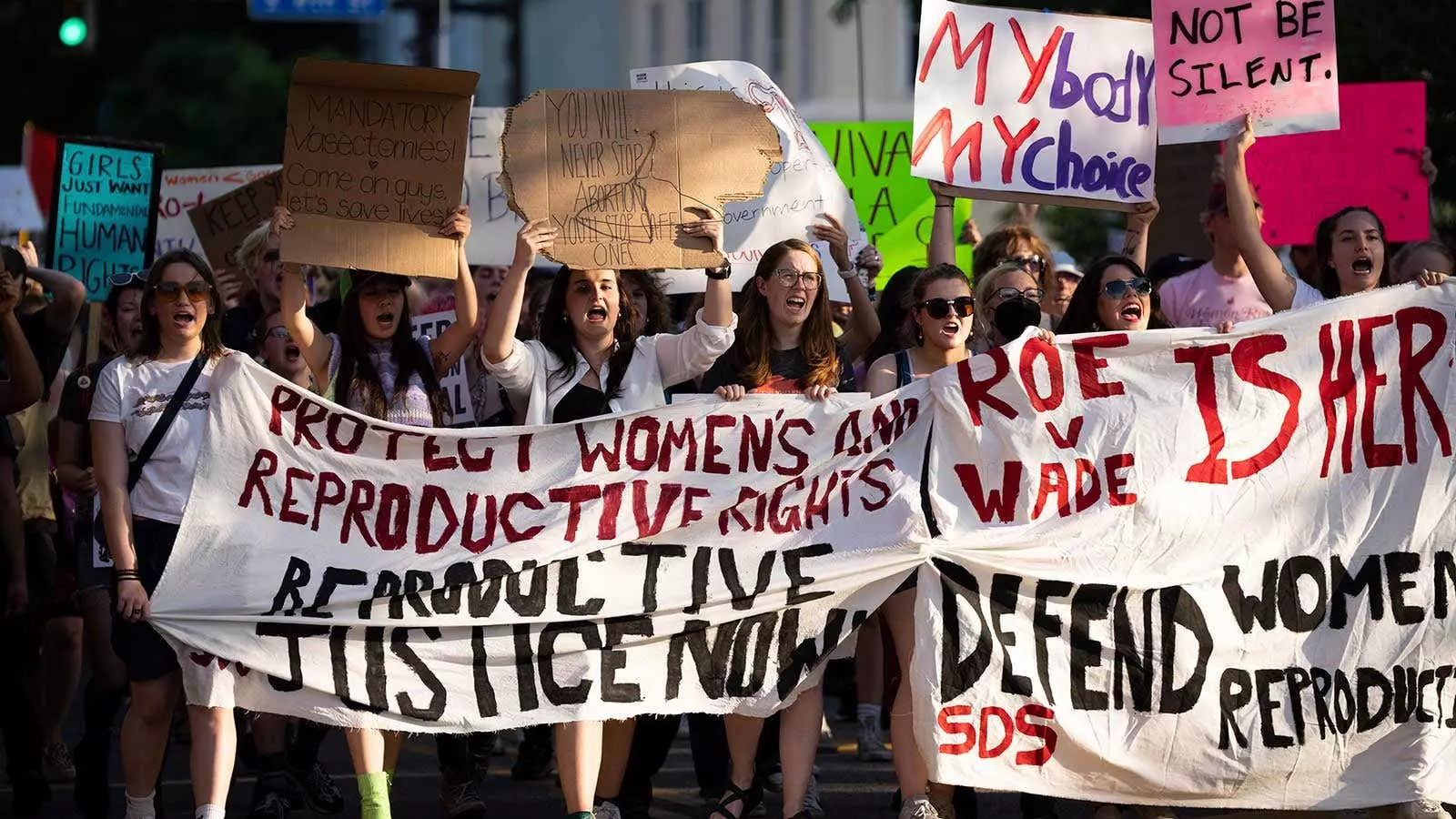In a recent case in Minnesota, a pharmacist named George Badeaux refused to provide emergency contraceptives to a customer due to his personal beliefs. This situation resulted in a legal battle that touched upon important issues of discrimination and ethical responsibilities in the healthcare industry.
The Minnesota Court of Appeals ruled that George Badeaux’s refusal to dispense emergency contraceptives amounted to business discrimination. The court highlighted that Badeaux’s actions were considered sex discrimination under Minnesota’s Human Rights Act. This ruling could potentially set a precedent for similar cases across the country.
The court’s decision means that the case may either be appealed to the Minnesota Supreme Court or returned to district court. The initial jury’s decision in 2022 found that Badeaux had not discriminated against the customer, but she was awarded $25,000 for emotional harm. However, the lack of a finding of discrimination meant that the customer could not collect the money.
This case has raised significant questions about the rights of individuals to access healthcare services without facing discrimination based on personal beliefs. The court’s ruling sends a strong message to businesses in Minnesota that they cannot turn away patients in need of reproductive healthcare.
While George Badeaux cited his devout Christian beliefs as the reason for refusing to dispense emergency contraceptives, critics argue that healthcare professionals have a duty to provide care without imposing personal beliefs on patients. This case highlights the complex balance between religious freedom and professional responsibilities in the healthcare field.
The ruling in this case emphasizes the importance of timely access to emergency contraceptives, especially in a time-sensitive situation. The legal battle surrounding this issue also reflects the broader debate over reproductive rights and access to healthcare in a post-2022 landscape where constitutional protections for abortion have been weakened.
The controversy surrounding pharmacists refusing to provide emergency contraceptives is not limited to Minnesota. With states implementing varying degrees of restrictions on reproductive healthcare, the issue of access to emergency contraceptives has become a focal point in the larger debate over abortion rights and women’s health.
The case of George Badeaux and the refusal to provide emergency contraceptives to a customer highlights the intersection of personal beliefs, professional responsibilities, and gender discrimination in the healthcare industry. As this case moves forward through the legal system, it will continue to spark discussions on the rights of individuals to access necessary healthcare services without facing discrimination or judgment based on personal beliefs.

Leave a Reply